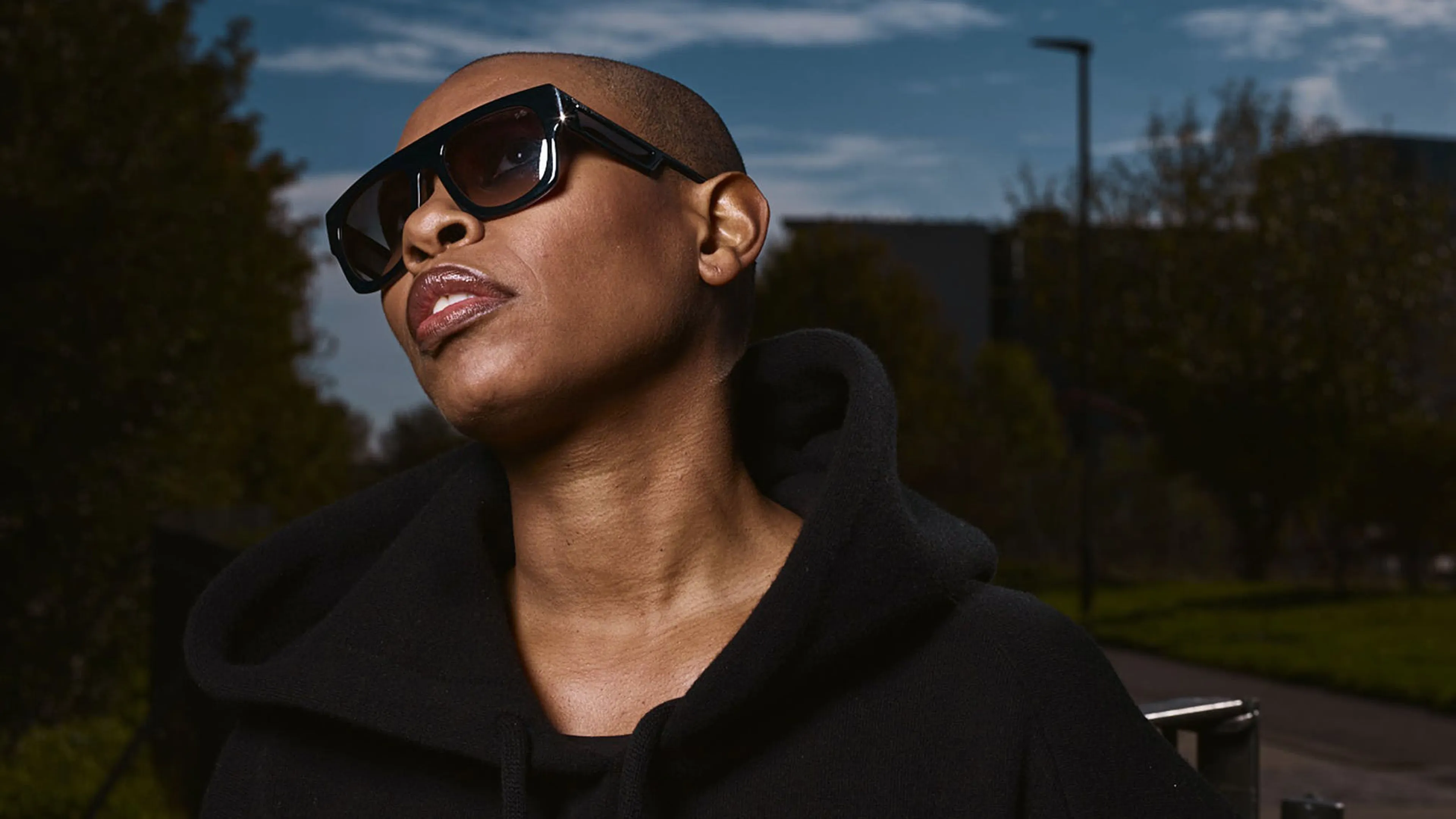News
“We can’t wait to see all of you”: MCR announce UK/European tour support
My Chemical Romance have confirmed that they’ll be joined by the likes of Echo & The Bunnymen, Skunk Anansie, Sunny Day Real Estate and more at various dates on next year’s UK and European tour.
